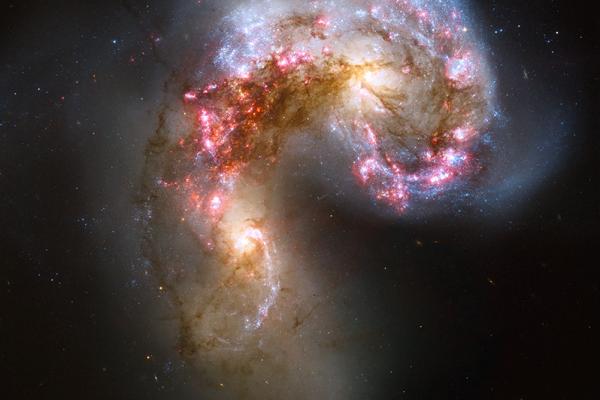
Title: A Multiscale Physics Approach to Understanding Galaxy Evolution
Speaker: Greg Bryan (Columbia University)
Abstract:
The need for a comprehensive and predictive model for galaxy formation and evolution has never been greater -- new and upcoming facilities will generate enormous amounts of cosmological-scale data, but using it to understand the fundamental physics of dark energy and matter will require advances in how we model such systems. I will describe a recent effort to do this, focusing in particular on recent advances in our understanding of the physics regulating galaxy formation and evolution. In particular, I will show how studying the small-scale processes involved in the interaction of hot winds and cold clouds has led us to a re-evaluation of how galaxy regulation actually occurs. In contrast to most existing large-scale cosmological simulations, I will make the case that supernovae in galaxies do not eject large quantities of mass out of galaxies, but instead generate low-mass loaded, high-specific energy winds that heat the surrounding gas, moving galaxy self-regulation out of the galaxy and into the circumgalactic medium and beyond.
